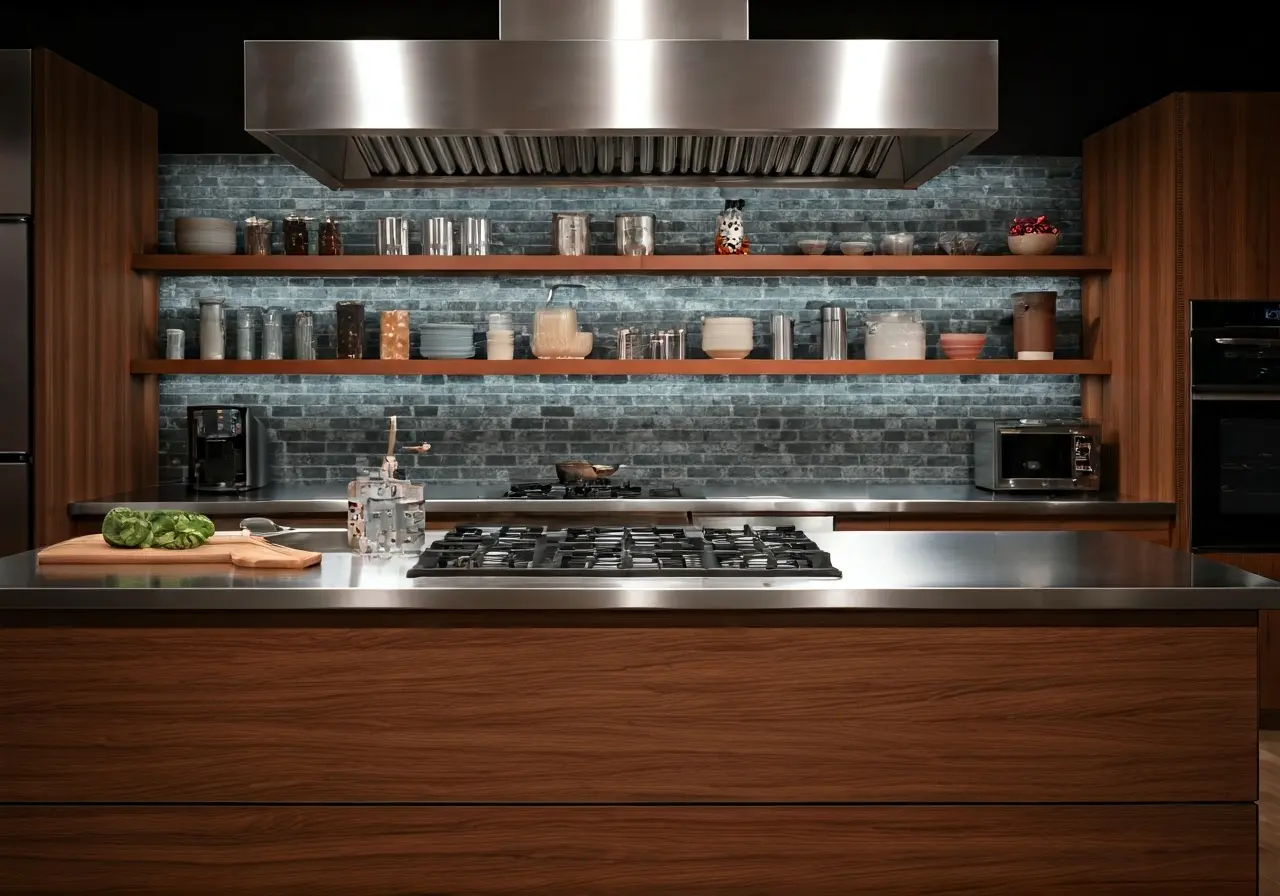What Makes a Culinary Studio Different from a Traditional Kitchen?
In the world of gastronomy, the setting where we cook can vastly influence our culinary experience. While many of us are familiar with the traditional kitchen setting, culinary studios are becoming more popular. But what truly sets these two apart? In this FAQ, we'll delve into the key differences and unique benefits of a culinary studio compared to a traditional kitchen.
Educational Focus
Culinary studios are often designed as educational hubs, emphasizing teaching and learning. Unlike traditional kitchens, these spaces frequently host cooking classes, workshops, and seminars led by culinary experts.
The primary aim of a culinary studio is to impart knowledge and skills to aspiring and seasoned chefs alike. Hosted by experienced instructors and guest chefs, these sessions provide interactive learning where participants can ask questions and receive immediate feedback, an experience not typically available in the static environment of a traditional kitchen.
These studios easily adapt to the evolving trends in cuisine by offering courses on a diverse range of topics from basic techniques to specialized skills, such as molecular gastronomy or plant-based cooking. This adaptability makes culinary studios a dynamic space for culinary education.
Collaborative Atmosphere
One of the hallmarks of a culinary studio is its collaborative nature. These spaces encourage interaction and teamwork among participants, fostering a sense of community and shared learning that's different from the more isolated workflow in a traditional kitchen.
In a traditional kitchen setting, the workflow is often divided into individual tasks and stations, which can limit interaction. In contrast, culinary studios focus on teamwork, with group cooking exercises and shared goal-setting, which helps create a supportive and inclusive environment.
Participants in a culinary studio often work together on creative projects, sharing tips and experimenting with new techniques, which can inspire innovation and new friendships. This community spirit enhances the cooking experience, creating memories that go beyond just the food.
Advanced Tools and Equipment
Culinary studios are often outfitted with state-of-the-art equipment and tools, offering access to resources that may not be available in a typical home kitchen. This allows both novices and professionals to experiment and hone their skills with the latest culinary technology.
From high-quality chef's knives and sous vide machines to professional-grade ovens and mixers, these tools enable cooks to execute complex recipes with precision. This contrasts sharply with the more limited, often outdated, equipment found in many traditional kitchens.
Access to such advanced equipment means that individuals can experiment with gourmet techniques and technologies, boosting their confidence and expanding their culinary repertoire. Using equipment like induction cooktops and rational ovens can demystify modern cooking methods for learners.
Creative and Open Design
Unlike the confined and functional layout of a traditional kitchen, culinary studios often boast open, creatively designed spaces that inspire innovation and exploration in cooking. This design encourages a flowing, dynamic work environment.
With spacious counters, natural lighting, and flexible seating arrangements, culinary studios are aesthetically inviting, creating an atmosphere that stimulates creativity. These features make the space welcoming for events like culinary demos and food photography sessions, thus extending its utility beyond just cooking.
The open layout of a culinary studio often facilitates easier movement and interaction among participants, helping to break down barriers and encourage the free exchange of ideas. This design also allows for better observation of cooking techniques, enhancing the learning experience.
Choosing the Right Cooking Environment for You
While both traditional kitchens and culinary studios serve the purpose of preparing food, their environments offer distinctly different experiences. Whether it's the focus on education, the collaborative environment, or the top-notch tools available, culinary studios provide a unique twist on cooking. For those keen on learning, experimenting, and sharing the joy of cooking, a culinary studio might just be the perfect fit.

